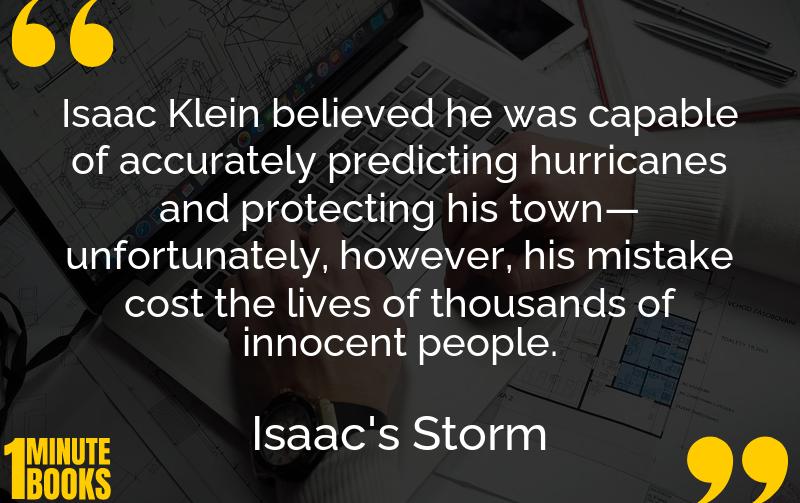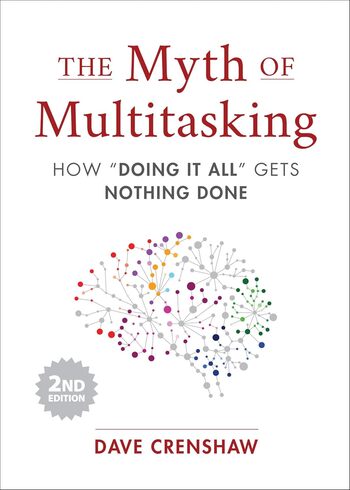
Isaac’s Storm by Erik Larson chronicles the 1900 hurricane that devastated Galveston, Texas. Meteorologist Isaac Cline underestimated the storm’s potential due to overconfidence, resulting in tragic loss and reshaping weather prediction.
Main Lessons
- The unpredictability of nature can override human confidence and technology.
- Historical hurricane events highlight the importance of advancements in meteorological science.
- The Galveston hurricane of 1900 remains a cautionary tale about underestimating natural disasters.
- Isaac Cline’s story reflects the potential consequences of hubris in scientific predictions.
- Pre-modern weather forecasting relied heavily on observation and simplistic technology.
- Early weather services, despite limitations, provided fundamental contributions to modern meteorology.
- Learning from past natural disasters is crucial in improving future disaster preparedness.
- The Galveston storm exemplified the humbling force of nature against human endeavors.
- Meteorology has evolved dramatically from rudimentary science to pivotal societal role.
- Isaac Cline’s personal tragedy underscores the profound impact of human error in critical responsibilities.
- Despite technological advancements, unforeseen elements can still lead to devastating outcomes.
- Proper disaster planning, like building sea walls, can mitigate future consequences.
- The hurricane marked a turning point in how the U.S. approached weather prediction and public safety.
- Isaac’s experience teaches the value of humility and respect towards nature’s power.
- The aftermath reshaped Galveston, shifting demographics and economic dynamics permanently.








